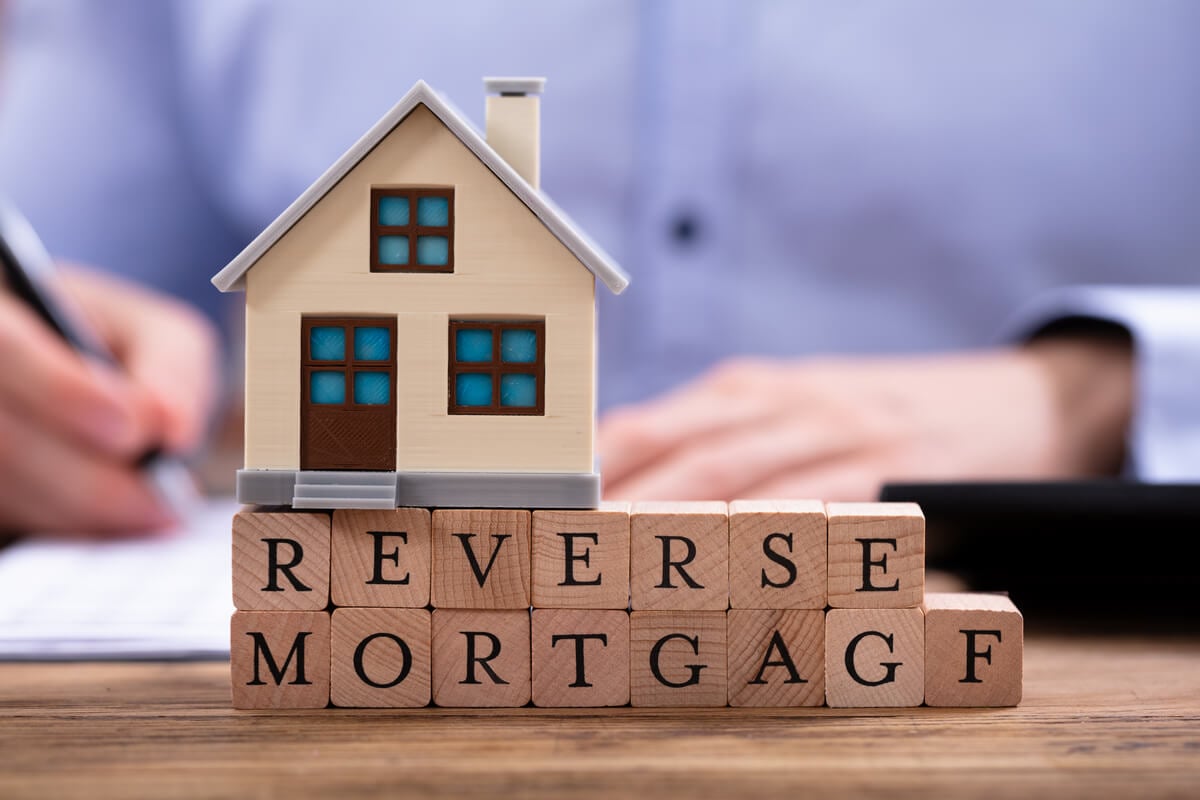If you’re close to paying off your mortgage, you have a great deal of equity in your home. Paying off your house is a major financial accomplishment that provides extra security and peace of mind, especially as you near retirement. Unfortunately, unexpected situations occur all the time in life, and you may find yourself facing a big expense you don’t have the cash for or needing some extra funds to make ends meet after you retire.
A reverse mortgage can be a good option if you need a loan and your home is paid off or almost paid off. Taking out any loan is a big decision that requires careful consideration, though. You should always know what your financial options are and what will provide the best funding with the fewest obstacles. Before you get a reverse mortgage, you should understand what exactly it is, how it works, and which situations it’s most appropriate for.
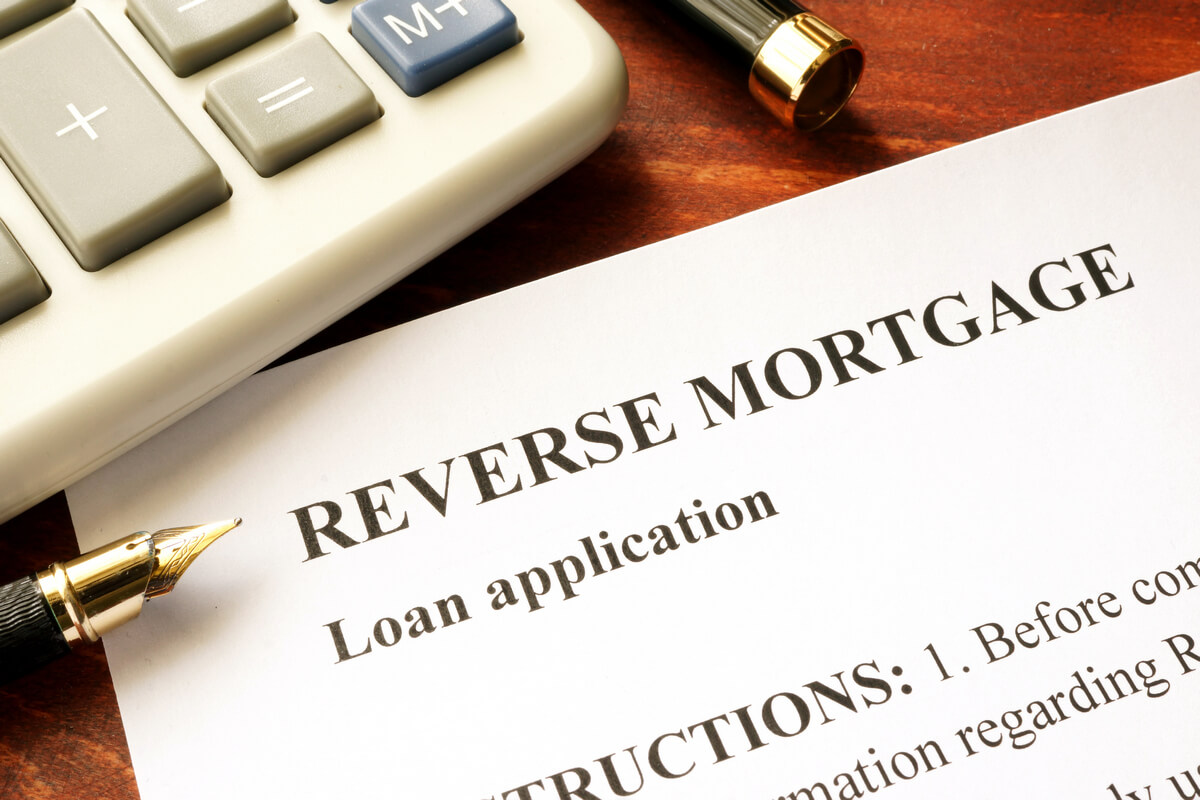
What Is a Reverse Mortgage?
A reverse mortgage is a loan that you borrow against your home’s value. When you have a considerable amount of equity in your home, lenders can use this equity to offer you cash. Then, when you sell the home, the balance of your loan will be deducted from the sale value to repay your lender.
With a traditional mortgage, you make monthly payments toward the debt until you’ve paid off the house. With a reverse mortgage, you don’t have to make regular payments. Instead, the full balance of the loan is due when you sell the house, move, or pass away. Federal guidelines ensure that your loan balance won’t exceed the value of the home, so you don’t have to worry about becoming upside-down on the debt.
You have several options for how you’ll receive the money when you take out a reverse mortgage. You could receive the entire loan balance in a lump sum, which is the only option that uses a fixed interest rate. Another possibility is to receive monthly payments from the lender.
You could also use a reverse mortgage as a line of credit that you can borrow from as needed. With this option, you don’t take out more money than you need, and you only have to pay interest on the amount of credit you actually use. Some lenders allow borrowers to take out a lump sum or receive monthly payments for some of the loan balance while leaving the rest as a line of credit.
The best option for you depends on what you need the funds for. If you have an immediate financial need, like an unexpected medical bill or your child’s college tuition, a lump sum may be the right choice. If you want to use a reverse mortgage to fund your living expenses in retirement, monthly payments may be better.
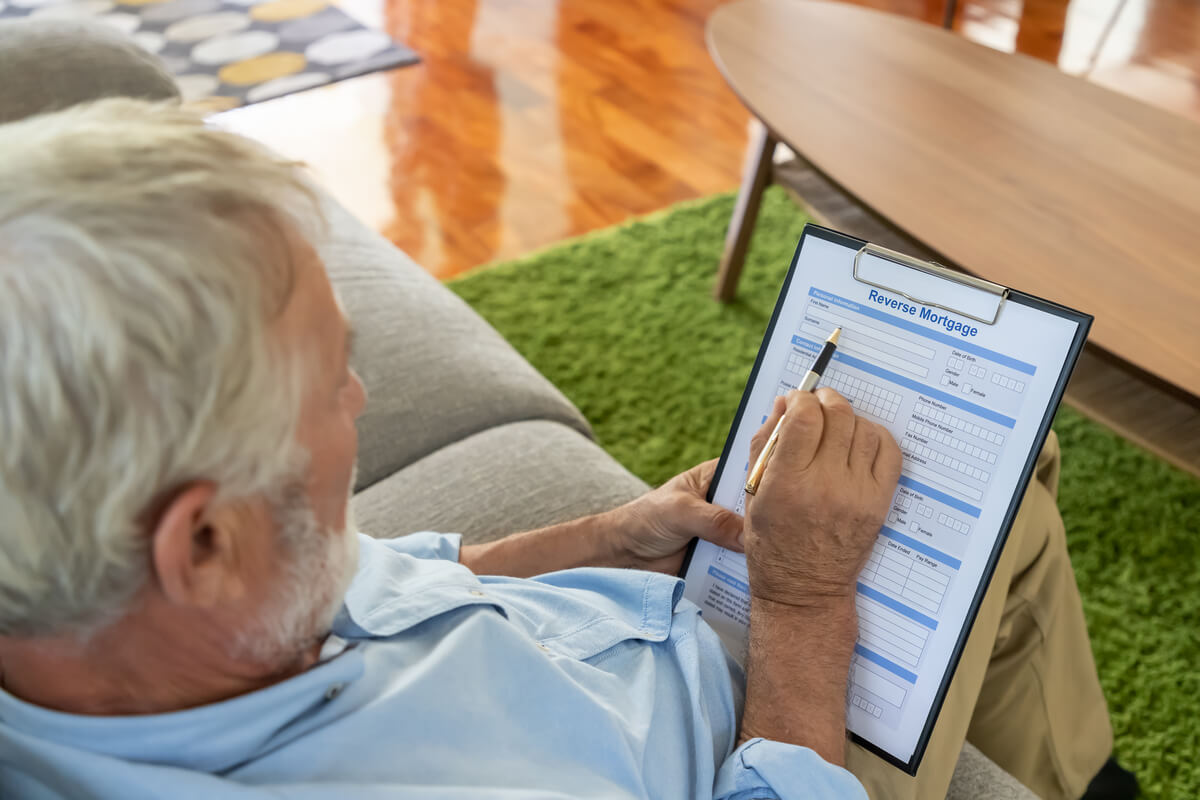
Types of Reverse Mortgages
There are three main types of reverse mortgages, the most common of which is a home equity conversion mortgage, or HECM. These loans can be used for any purpose, and they’re backed by the Department of Housing and Urban Development. The closing costs are more expensive than other types of reverse mortgages, but it’s also the most flexible option.
Some state and local governments offer single-purpose reverse mortgages, which require you to specify how you plan to spend the funds. Single-purpose loans have more restrictions, but they charge lower fees than HECMs.
The third type of reverse mortgage is a proprietary reverse mortgage, which is typically used for a large loan for a home with a high value. If your home is worth more than $500,000 and your mortgage is almost entirely paid off, you’re more likely to be able to qualify for a larger loan if you choose this type of reverse mortgage.
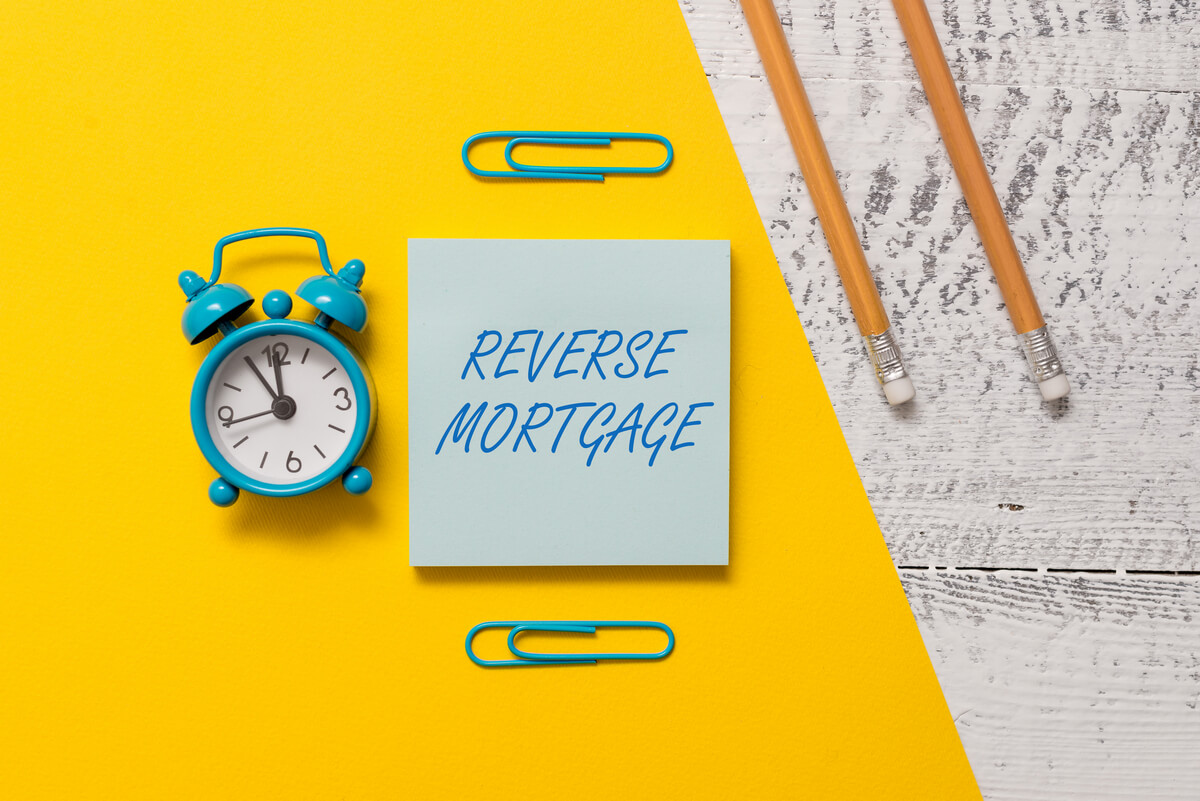
Qualifying for a Reverse Mortgage
Not everyone qualifies for a reverse mortgage. First, you or your spouse must be age 62 or older to be approved. You must either own the home outright or have only one mortgage, and you’ll have to use funds from the reverse mortgage to pay off the existing mortgage.
Additionally, your home must be your primary residence, and it must be an approved type of property. The properties that qualify for reverse mortgages include single-family homes, condos, multi-unit houses with up to four units, and manufactured homes that were built after June of 1976.
You’ll also need to be completely up to date on taxes, insurance, and any other fees associated with the house. The property should be in good condition to ensure it will sell for its anticipated value. If you apply for a loan insured by the HUD, you must attend an information class led by an approved financial counselor.
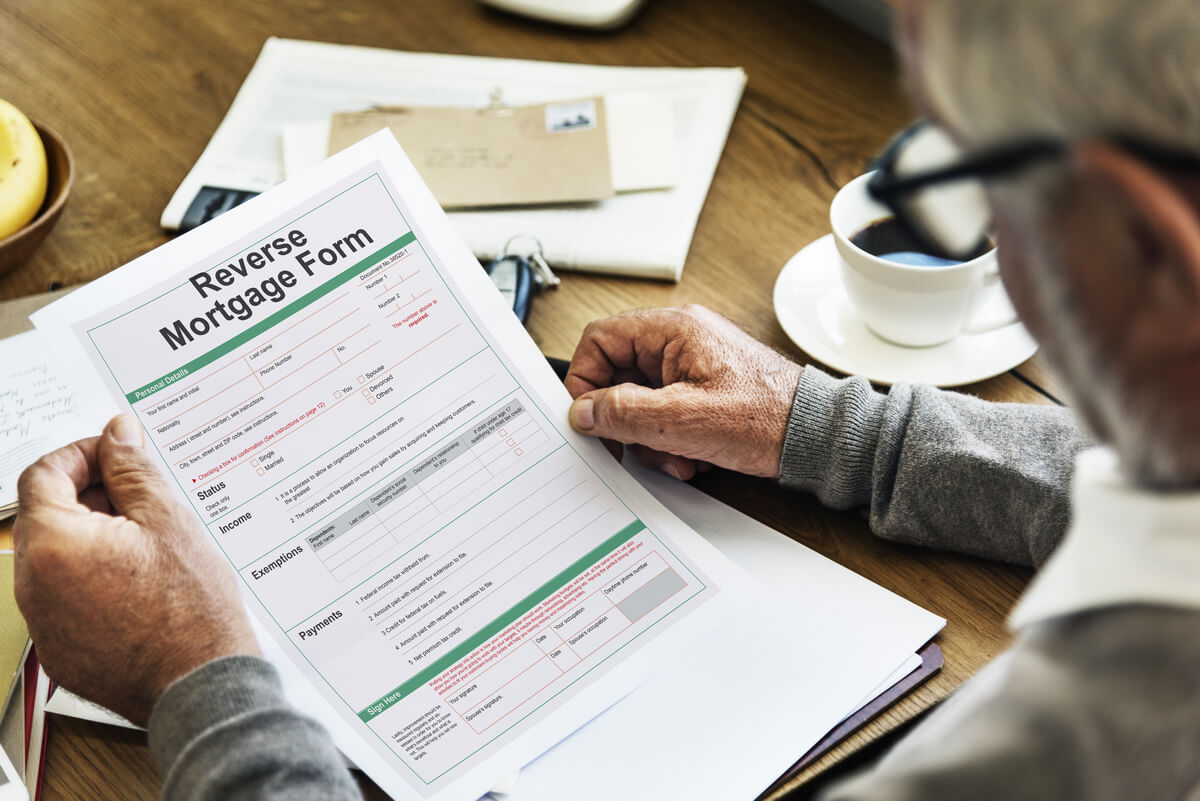
Benefits of a Reverse Mortgage
A reverse mortgage can be an excellent way to fund your retirement. The equity already exists in your home, so you know that you’re not borrowing more than you can repay. You also don’t have to worry about repaying the loan until you sell the house, which is especially helpful as most people are on a tighter budget during retirement.
This can be a good option for couples too, as the spouse can continue to receive monthly payments if the primary loan holder passes away. Losing a spouse is one of the most devastating experiences you can go through, and a reverse mortgage gives you the financial security you need to retain your housing stability.
Reverse mortgages don’t require steady income or good credit, so they may be a good option if you’ve been denied for a home equity loan or another line of credit. Because you don’t have to make monthly payments, lenders aren’t as concerned with your financial status as long as you have enough equity in the home.
Keep in mind, though, that you will have to pay interest and fees when you get a reverse mortgage. Whenever you take on debt, you’ll eventually pay more than the amount you receive. Before signing the contract, carefully review the interest rate and the other terms of the agreement.
A reverse mortgage can be a valuable source of income during retirement if you plan on staying in your home for the foreseeable future. It may not fund your total cost of living, but you can use the loan to cover basic expenses or emergencies. Like with all loans, educating yourself before committing is key. Everyone’s financial situation is different, so you have to consider your own monetary needs to decide whether or not a reverse mortgage is right for you.

